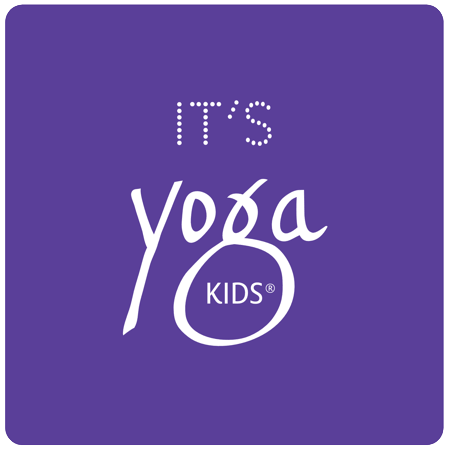When you ask parents worldwide what they want for their children, survey results show these top three desires: healthy, happy and successful. That resonates for me, as a parent, and for most of the parents I know. Yet, what I’ve noticed over the last decade in our school environments, and what current statistics on youth wellness validate, is in stark contract.
What a growing number of parents actually do is different than what they say they want for their kids. What they do resembles more of the bionic kid: a faster, better and smarter one. This shows up with over-scheduling, over-indulging and over-pressuring for performance in school, in sports, and even in friendships. This phenomenon is resulting in a significant increase in anxiety, depression, and suicide for today’s youth.
It’s natural for parents to want more for their kids than what they had, but at what expense? Helicopter Parenting, and the latest trend, Lawnmower Parenting, have significant drawbacks to the health, wellness, success and happiness of our kids. Some parents’ overzealous intentions may not translate to their ultimate outcomes for their children. And worse, they can damage the relationship over time, which can lead to severe pain and unhealthy coping methods for kids. Substance abuse affects 50% of kids under 18. Self-mutilation affects 1 in 4 kids teenagers.
Being a kid is difficult. Being a parent is difficult. We need each other and we’re in this together. Every time I read an article or hear an expert author speak on this crisis, I think Yoga is a solution. Yoga elevates one’s awareness, attitude and actions. Through meditation, mantras and movement, it can be a healthy coping method for parents and kids to make better choices for themselves and for their relationships. Understanding the “why” behind our actions can be very powerful to change our actions.
For me, the biggest lesson in parenting is when to give an encouraging push and when to back off and support. And that is different for each kid. Mistakes are bound to happen. When a line is crossed on either side, we work to be accountable for our actions and to make the relationship right again by communicating our intensions, feelings and re-aligning them with the reality of what is happening in the moment. With this, we can better respond with loving care to achieve our highest potential.
